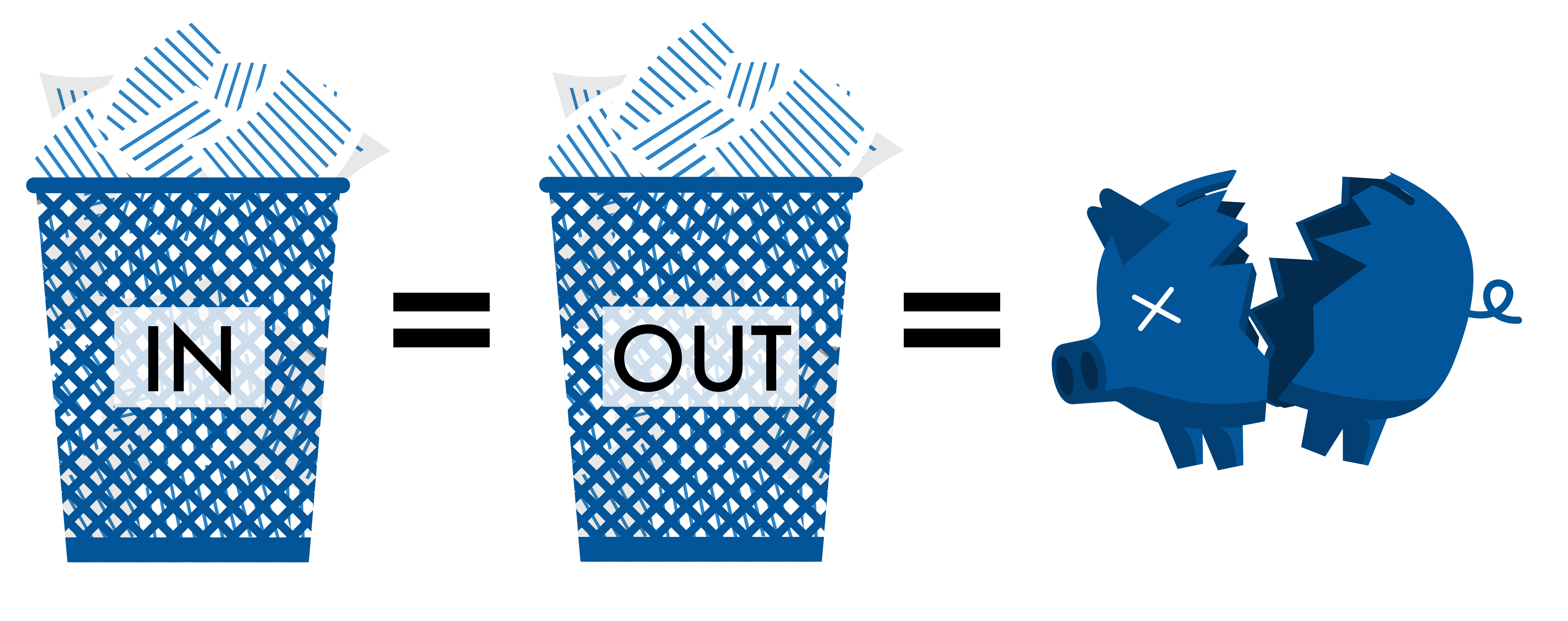Is Your LIMS Master Data Green? [Reuse]
In this ongoing series on “green” master data, we continue to explore green (reduce, reuse, recycle) concepts that can be applied to master data principles. These principles can be used to maintain continuous, scalable oversight and maintenance in order to mitigate operational risks and derive greater business value.
Today, we’re focusing on the reuse concept. In our green metaphor, reuse essentially means taking the work you’ve already done and leveraging it for your current task(s). When it comes to master data in LIMS, the act of reusing is both a time- and cost-saver. Like a lot of good things, however, too much of it can become a problem and leave you in a worse position than when you started.
Understanding what data, objects, people, and processes to reuse AND what not to reuse will define your LIMS success. The phrase garbage in, garbage out (GIGO) is never more true than when we’re talking about master data. Master data is notoriously tricky to build and maintain – reusing what’s already been created helps mitigate that challenge as long as the GIGO mantra stays central. Reusing bad data not only replicates the problems caused by that data, it propagates them on a grander scale. The most expensive mistake you can make is reusing bad master data.

We’ve broken the best practices for the reuse concept into three main areas:
- Reuse objects
- Reuse people
- Reuse knowledge
Reuse Objects
Laboratory methods often vary between or even within labs at the same company. Wherever possible, getting laboratories to agree to use (and reuse) master data objects for the same laboratory method not only allows for trending and deeper data analytics – it also cuts down on maintenance. Don’t let subtle differences in methods between labs obfuscate the pronounced similarities. If you can see through those differences to get labs to agree on master data objects than the output is exponentially more effective information.
Reuse People
With any LIMS system, people develop specialized skills that should not go to waste. You can leverage these people as resources to deploy master data for other groups, serve as ambassadors for the project, and encourage a culture of knowledge-sharing across your laboratory organization. Building and growing a master data “practice community”, for example, leads to more informed and engaged users, helping ensure long-term sustainability and success.
Reuse Knowledge
On any LIMS project, knowledge may be spread out or dispersed across your organization. It becomes critical, then, to ensure that this knowledge is reused by making it available throughout your business. Knowledge repositories, wikis, and question-archiving tools are prime examples of methods for reusing knowledge effectively. This information needs to be available in a centralized location that is intuitive to use, less they become the dreaded SharePoint graveyard, where knowledge goes to be forgotten.
Conclusion
As with any project, there may be a steep, seemingly insurmountable learning curve at the onset. Applying reuse principles accelerates deployment and implementation, reduces errors, and minimizes required upkeep. As you contemplate a LIMS implementation, keep careful consideration to the master data objects, resources, and lessons that you can potentially reuse. A proper assessment will ensure you marry the best of your current lab operations with the advanced capabilities of modern LIMS technology to create a tailored system that works for you and your business.
Be sure to check out the rest of our series Is Your LIMS Master Data Green?



